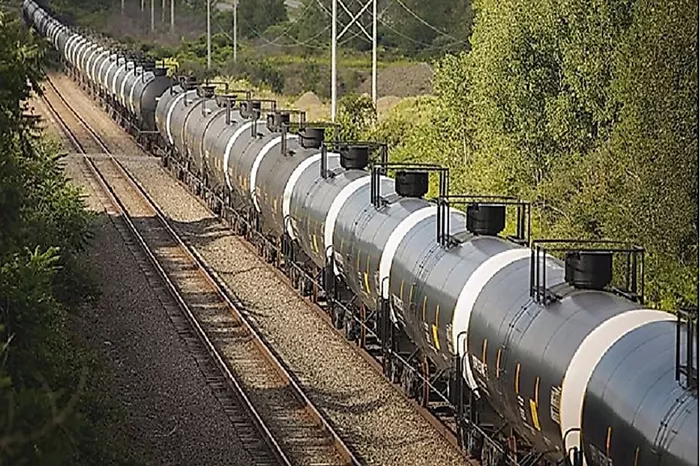Kenya has raised a significant hurdle for Uganda’s direct fuel importation plans by doubling the bond fee for consignments destined for Kampala. The new fee, set at $45 million (Sh5.78 billion), up from $15 million previously, applies to imports passing through the Vitol TanlTerminal International (VTTI) storage facility in Mombasa.
Uganda’s Energy and Mineral Resources Minister, Ruth Nankabirwa, expressed concern over Kenya’s decision, noting that it poses a bottleneck to Uganda’s efforts to reduce pump prices. VTTI, a privately owned terminal linked to Kenya Pipeline Company’s network, plays a crucial role in supplying Uganda and other landlocked nations to the west.
A bond fee serves as a bank guarantee for oil companies importing fuel for transit markets, ensuring duties and taxes are paid to the relevant authorities. This move aims to secure revenues that could potentially be lost if the fuel is diverted for local use without proper taxation.
The Ministry of Energy in Kenya has communicated the fee increase to the Kenya Revenue Authority (KRA), a change expected to impact consumers in Uganda. Minister Nankabirwa emphasized the potential for increased costs at ports affecting price competitiveness and necessitating discussions between Uganda and Kenya.
Banks issuing these bonds will require time to adjust to the new fees, leading to higher demurrage charges until the cargo is cleared by KRA. These additional costs are likely to be passed on to consumers in Kampala, exacerbating fuel prices that are already among the highest in East Africa.
Despite efforts by Uganda to lower fuel costs through direct imports, challenges persist, exacerbated by recent diplomatic tensions and regulatory obstacles between the two neighboring countries.
Related topics:
Suzuki Supports Renewable Fuel Trial For Outboard Engines
Fuel Scarcity Hits Nigeria: Price Hikes And Supply Shortages

